Maximizing Efficiency and Scalability with a Modular Hydrogen Refueling System
With the full-scale expansion of the hydrogen economy, the hydrogen refueling and production market is experiencing rapid growth. In particular, as green hydrogen gains attention as an eco-friendly energy source, the development of hydrogen infrastructure is accelerating, especially in the Asian market.
With the rapid expansion of the hydrogen economy, many countries, including South Korea, are actively implementing policy support and advancing technological development to respond to the growing demand. Companies are introducing innovative hydrogen technologies built upon these efforts. Among these changes, JEAENG Co., Ltd. has been leading the development and deployment of hydrogen infrastructure technologies — such as hydrogen refueling stations and hydrogen production bases — in collaboration with both domestic and international local governments and companies.
Based on the growth potential of the hydrogen market, JEAENG is engaged in a wide range of businesses, including packaged hydrogen refueling systems, liquid hydrogen production and fueling, green hydrogen production via water electrolysis, and clean hydrogen production from biogas. Leveraging its differentiated liquid hydrogen technology, the company is maximizing the efficiency of hydrogen storage and transportation while expanding into the hydrogen fuel cell power generation sector to help build a sustainable and eco-friendly energy ecosystem.
One of JEAENG’s key patented technologies is its Modular Hydrogen Refueling System, which features a flexible structure that modularizes production, storage, and fueling functions, enabling easy expansion as needed. Through standardized interfaces, the system can be configured into various forms, capacities, and specifications, enhancing both production and installation efficiency.
JEAENG is also developing an “All-in-One Intelligent Hydrogen Infrastructure Solution” designed to maximize the operational efficiency of hydrogen refueling stations. By applying digital twin technology, the solution mirrors real-world stations in a virtual environment, enabling real-time monitoring and predictive maintenance. Furthermore, AI-powered analysis of extensive operational data allows the system to optimize energy efficiency and ensure stability.
Building on these technologies, JEAENG is pursuing multiple hydrogen infrastructure projects with major Korean municipalities such as Cheongju and Donghae. In Cheongju, JEAENG is working with Hyundai Motor Company to build a clean hydrogen production facility that utilizes biogas from municipal sewage treatment plants. This project aims to enhance regional energy self-sufficiency and serve as a standard model for biogas-based hydrogen production.
In Donghae, JEAENG is implementing a 2.5 MW water electrolysis system to establish a clean hydrogen production base linked to renewable energy. This initiative aims to lower hydrogen production costs and accelerate the hydrogen economy.
JEAENG’s contributions are helping maximize the efficiency of hydrogen production and utilization while advancing the domestic and global hydrogen industry. In collaboration with Hyundai Motor Company, the company is also expanding its reach beyond Korea. In Indonesia, JEAENG plays a crucial role in process and detailed design, technical review, and system manufacturing to develop a packaged hydrogen refueling station tailored to local environmental conditions. This project is expected to drive hydrogen infrastructure growth in Southeast Asia and serve as a core strategy for JEAENG’s global expansion.
In addition, JEAENG is conducting two major R&D projects. The first is the simultaneous hydrogen dispenser technology, which allows two hydrogen vehicles to be charged at once, reducing refueling time and improving station efficiency. This is enabled by a PCB-based precision control system for safe and efficient fueling.
The second focuses on developing a Hydrogen Energy Storage System (HESS), designed to ensure a stable hydrogen supply by responding to fluctuations in renewable energy generation. The system aims to build a hybrid storage technology that combines solid hydrogen storage with LOHC (Liquid Organic Hydrogen Carrier) technology, a key element in scaling up the green hydrogen industry.
JEAENG CEO In-Gyu Park stated, “Policy support is essential for the sustainable growth of the hydrogen industry,” emphasizing the need for CO₂-free hydrogen certification and expanded REC (Renewable Energy Certificate) incentives for electrolysis-based hydrogen production. He also stressed the importance of a long-term roadmap and raising public awareness to enable companies to operate in a more stable business environment.
This year, JEAENG aims to enhance its technological competitiveness and achieve 10 billion KRW in sales through the advancement of hydrogen production and utilization technologies. The company plans to strengthen its domestic market position while laying the foundation for overseas expansion through strategic infrastructure investment and innovation.
Park added, “JEAENG prioritizes the efficiency and stability of hydrogen projects and is committed to growing as a company that contributes to building a sustainable hydrogen economy. Hydrogen is the core energy source of the carbon-neutral era, and it is crucial to create a safer and more economical environment for its use.”
He concluded, “Through continuous technological innovation, strict quality control, and ongoing R&D, JEAENG will establish itself as a trusted leader in the hydrogen industry.”
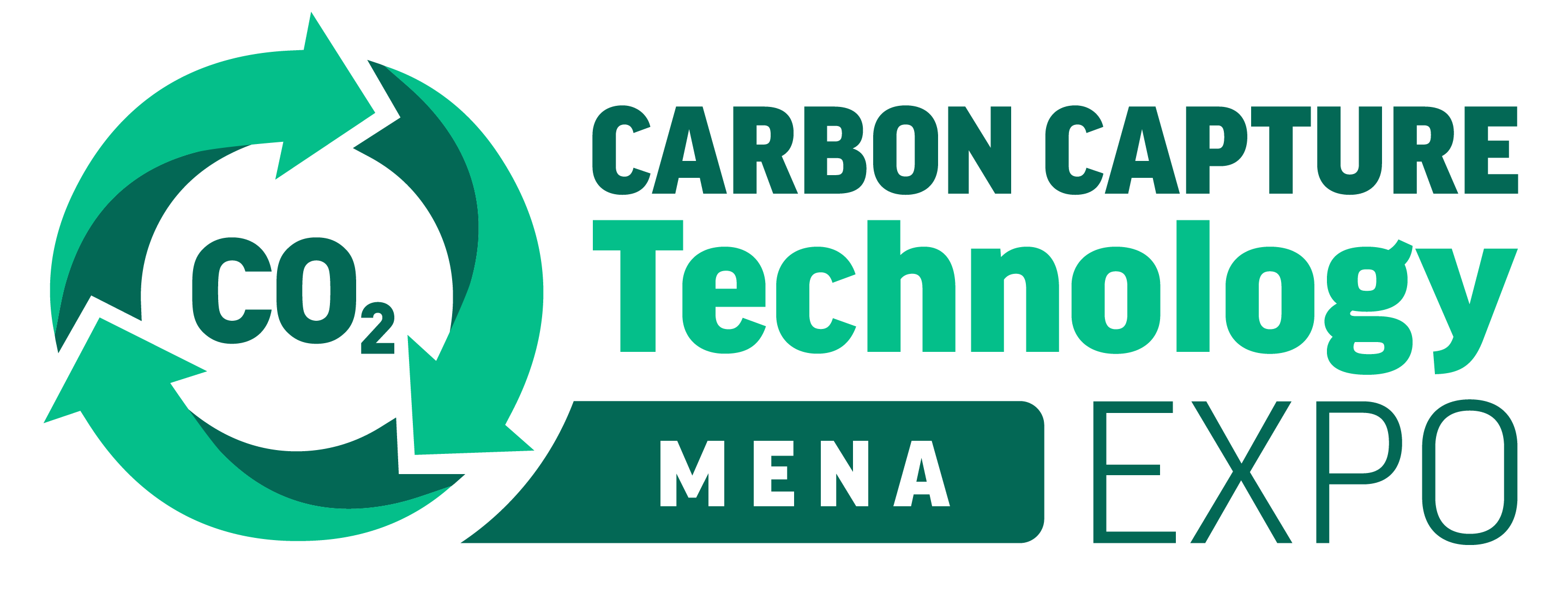
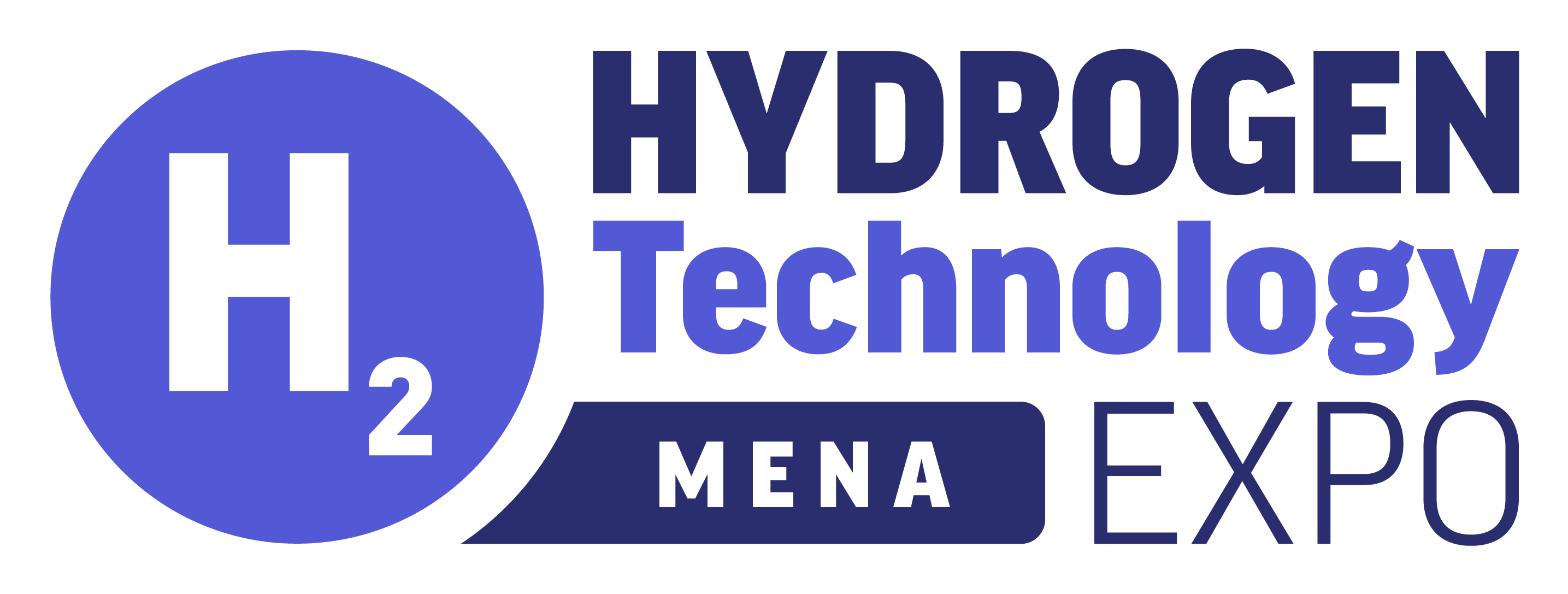
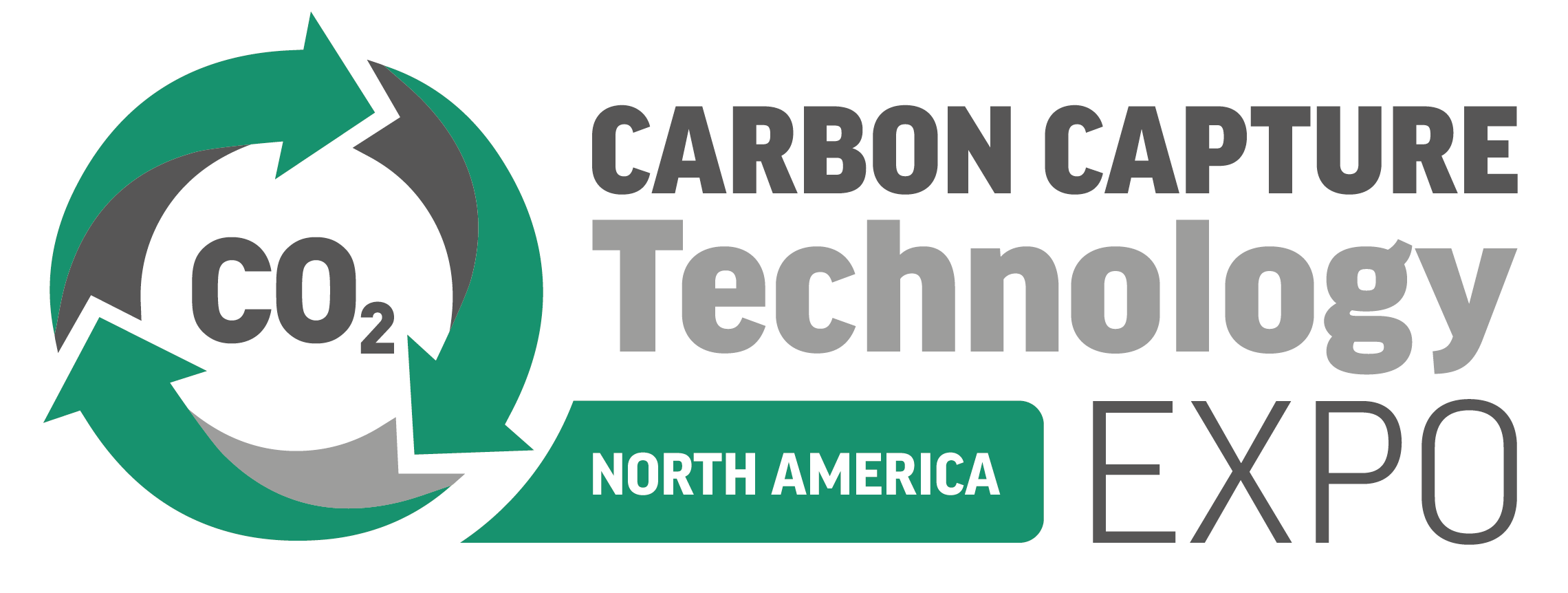
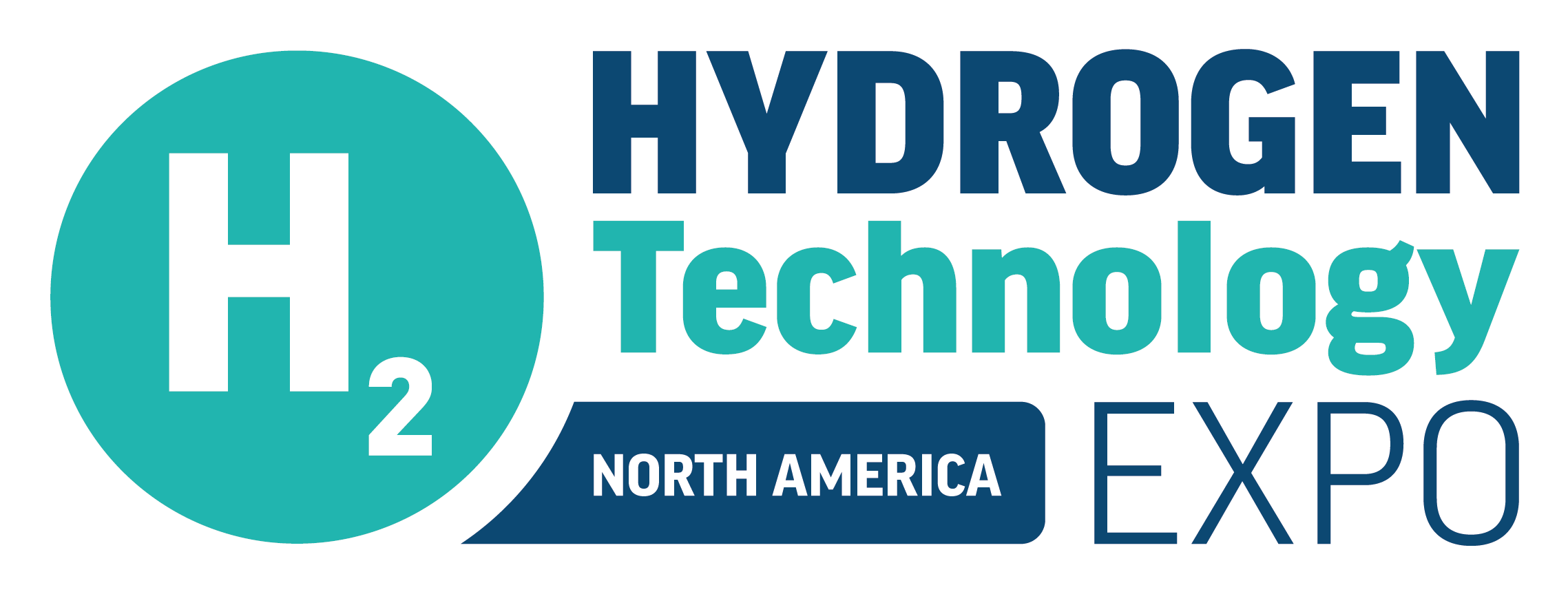
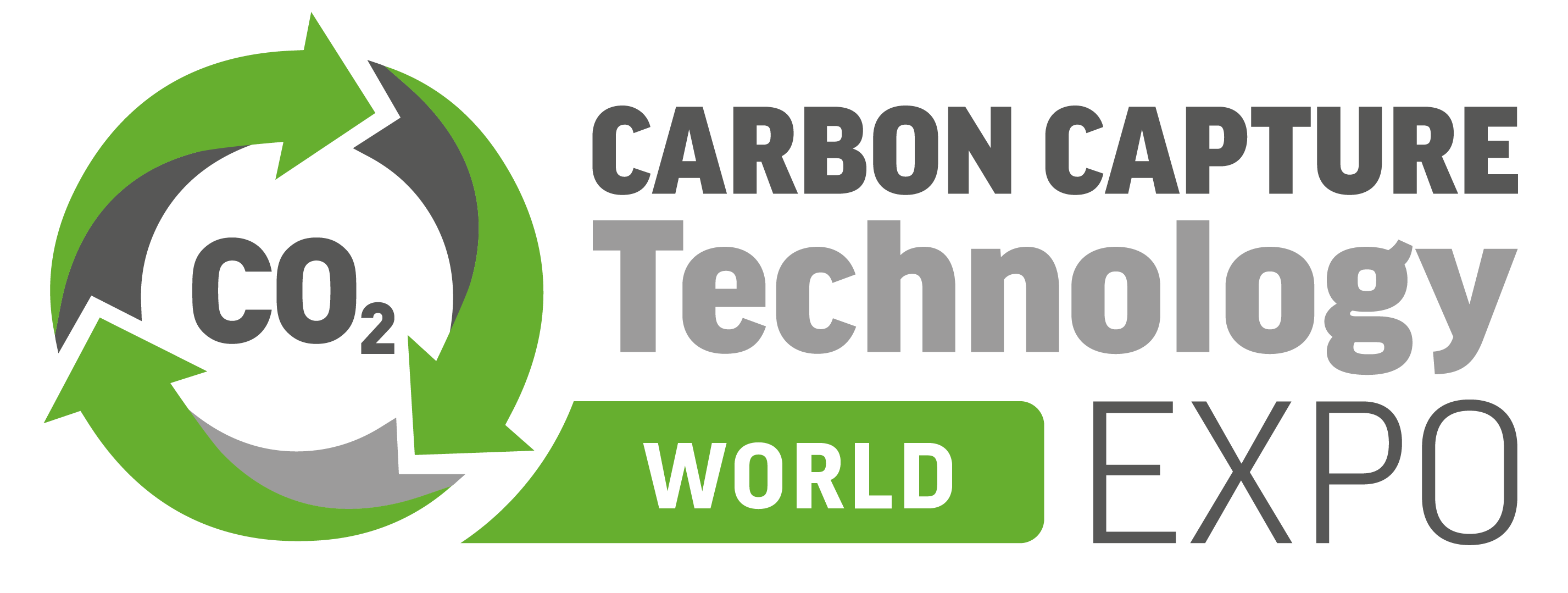
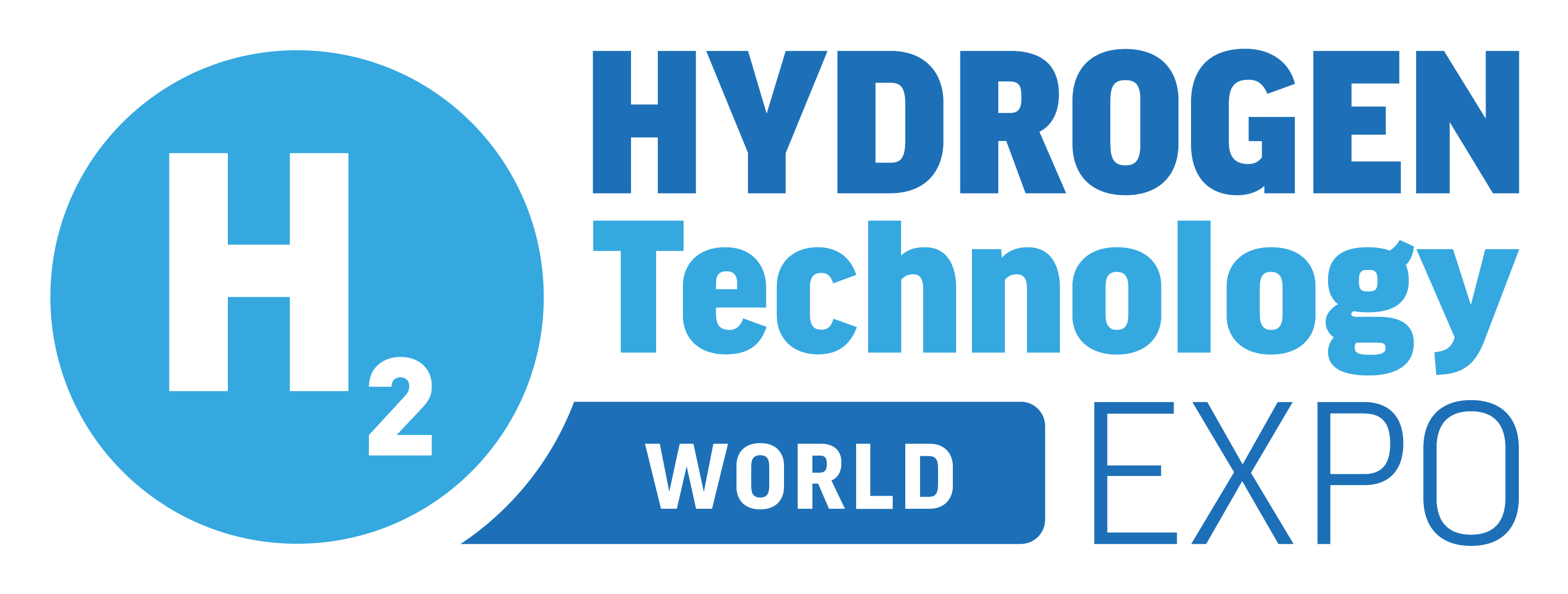


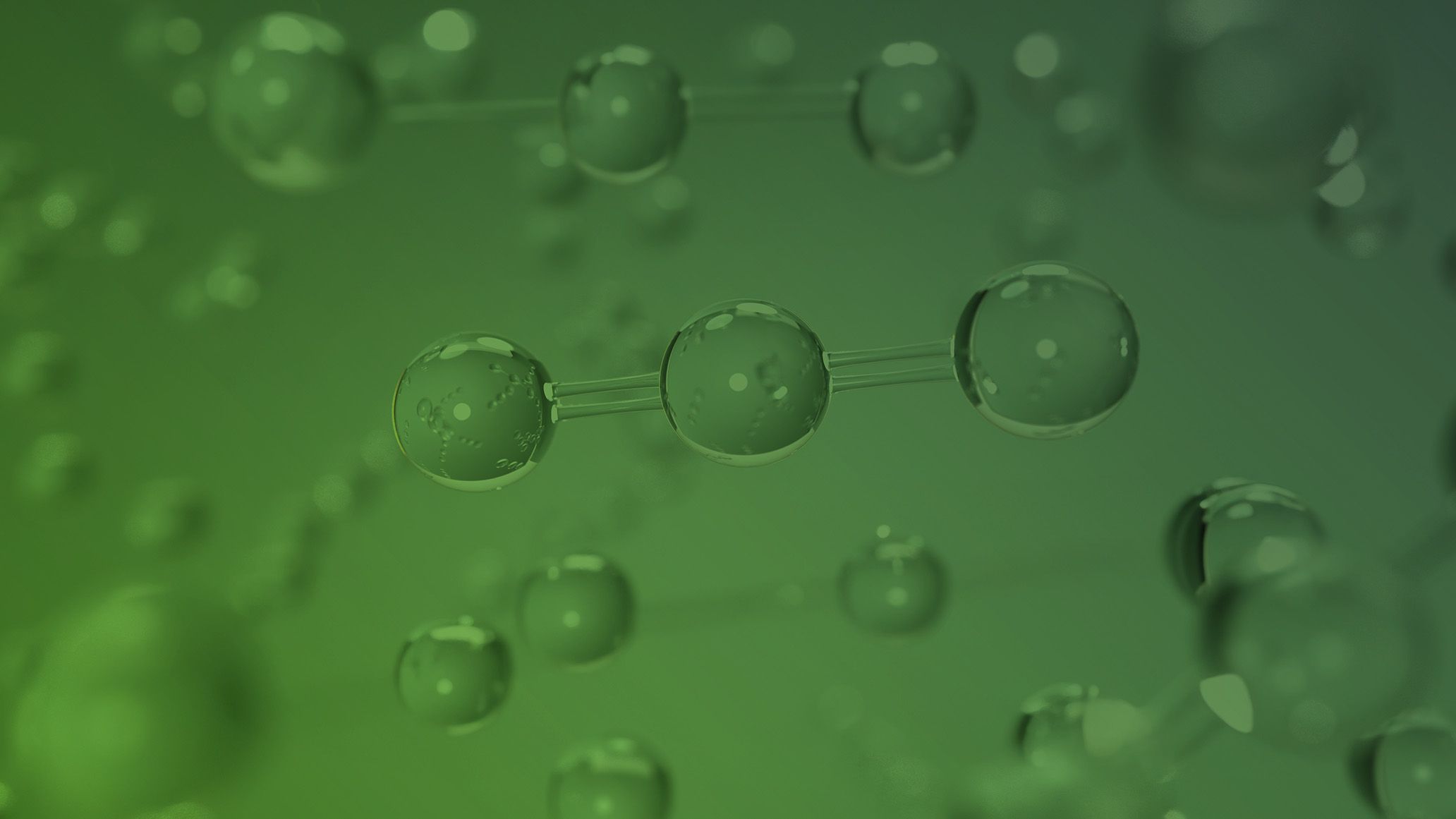
)
)
)
)
)
)
)
)
)
)
)
)
)
)
)
)
)
)
)
)
)
)
)
)
)
)
)
)
)
)
)
)
)
)
)
)
)
)
)
)
)
)
)
)
)
)
)
)
)
)
)
)
)

)
)
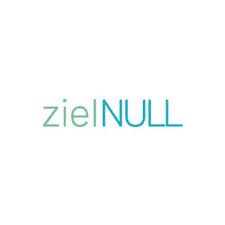
)
)
)
)
)
)
)
)
)
)

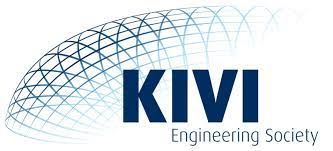
)
)
)
)
)
)

)
)

)
)
)
)
)
)
)
)

)
)
)

)
)
)
)
)
)
)
)
)
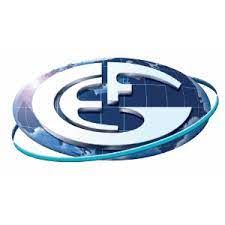

)
)
)

